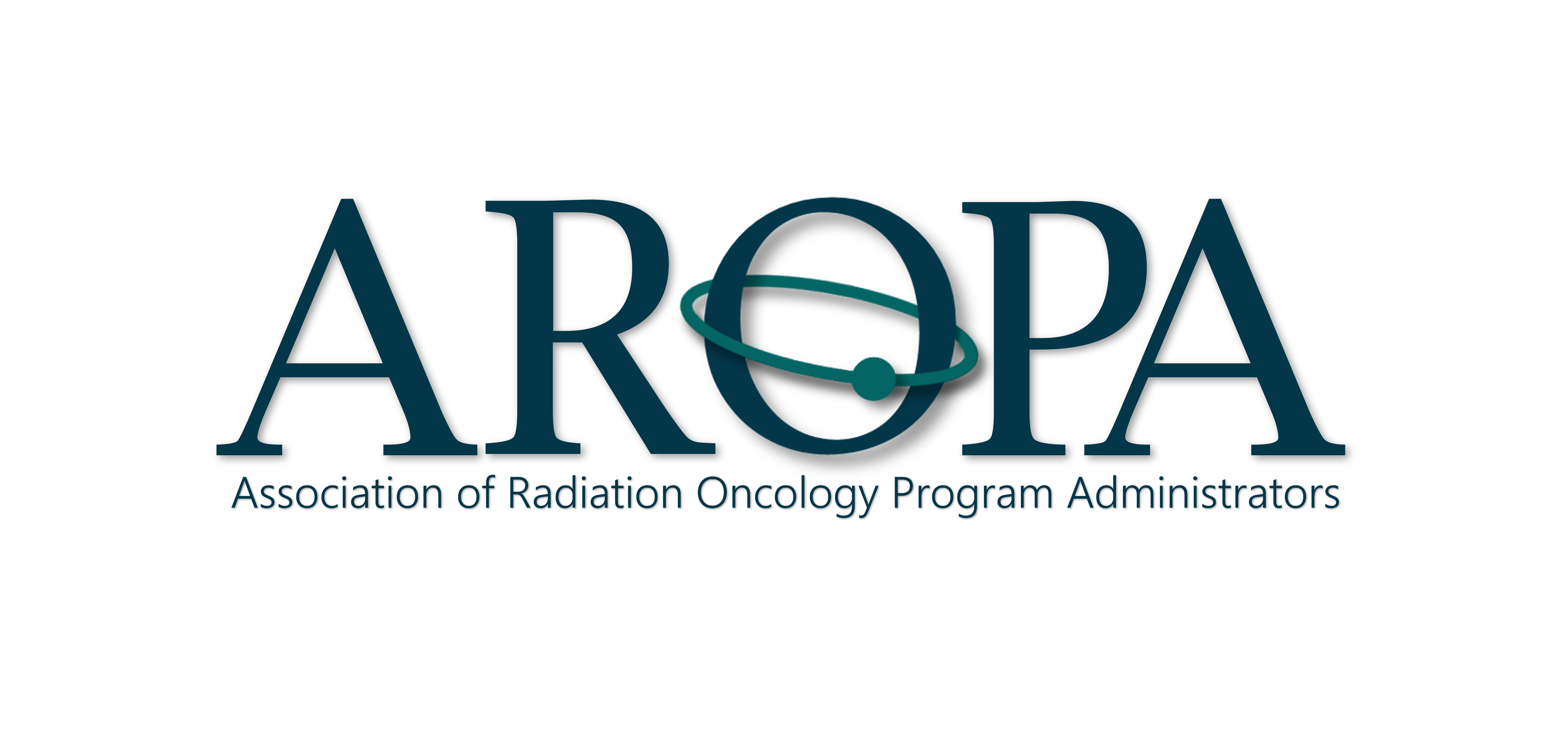12 Practices to Help You Avoid Burnout as a Program Administrator
- AROPA Team
- Jan 31, 2024
- 4 min read

Burnout has become a familiar companion for many in our fast-paced and demanding Program Administrator roles. The relentless pursuit of goals, coupled with constant connectivity and high expectations, often affects our physical and mental well-being. Navigating and avoiding burnout is not just a skill but an essential aspect of maintaining a healthy and fulfilling work/life balance.
This blog post delves into practical strategies, self-reflection, and proactive measures to guide you through the maze of burnout, helping you reclaim balance and rediscover a sense of purpose within your respective role. Let’s embark on this journey toward well-being together.
Helpful Tools for Avoiding Professional Burnout:
1. Set Boundaries:
Clearly define your work hours and adhere to them.
Learn to say no when your workload becomes overwhelming.
Do not take work home.
Respect yourself and your time, make a commitment to yourself, and don’t break it. Get out of the mindset of thinking you must do more to appear competent and committed.
2. Prioritize Self-Care:
Schedule regular breaks during the day to rest and recharge.
Incorporate physical activity into your routine to reduce stress.
Ensure you get enough sleep each night to support your overall well-being.
If you have time for reels, you have time for sleep.
Don’t stop doing things you love in your downtime –
Whether sitting quietly, creating art, reading, connecting with a friend, listening to a true crime podcast or book, or 1:1 cuddle time with your pet. Make time for the things that bring you joy, and prioritize them!
3. Seek Support:
Communicate openly with your team about your workload and concerns.
Reach out to your AROPA family, colleagues, or a mentor for emotional support.
Consider discussing your feelings with a supervisor, HR representative, or Ombudsman.
Utilize your institution’s feedback collection tool and employee survey if this exists at your institution.
4. Mindfulness and Stress Reduction:
Practice mindfulness techniques, such as meditation or deep breathing exercises.
Adopt activities that help you relax and clear your mind.
Heighten your awareness of your feelings through mindfulness practices.
5. Know When to Take a Break:
Recognize signs of burnout, such as persistent fatigue or diminished enthusiasm.
Don't hesitate to take a personal day or vacation to rest and recharge.
Therapy is bliss! Seek professional help. Being able to spill your guts to a therapist for a nominal fee without judgment can make a world of difference.
6. Professional Development:
Invest time in continuous learning and professional development.
Attend workshops or conferences to stay updated on best practices in education coordination.
7. Celebrate Achievements:
Acknowledge and celebrate accomplishments, both big and small.
Recognize the positive impact of your work on your training program.
Identify the aspects you love about your work.
If this is hard for you, ask your AROPA family or work besties what you’ve accomplished lately. Write it on a Post-it and read it often.
8. Effective Time Management:
Use time management techniques to enhance productivity.
Prioritize tasks and focus on high-priority items first.
A foundation for mastering effective time management is to organize, organize, organize!
9. Set Realistic Expectations:
Establish achievable goals and expectations for yourself.
Recognize that you cannot do everything, and it's okay to prioritize tasks and/or say “no.”
Assess your resources and needs for the work required.
10. Evaluate and Adjust Workload:
Regularly assess your workload and identify tasks that can be streamlined or eliminated.
Discuss workload concerns with your supervisor and explore potential solutions.
11. Delegate Tasks:
Identify tasks that can be delegated to others.
Clarify expectations, roles, and responsibilities to minimize misunderstandings.
Know your team’s strengths and allow them to excel. Most likely, someone did this for you once.
Empower team members by involving them in decision-making processes.
12. Know When to Seek Help:
Foster transparent communication within your team and organization.
If burnout persists, consider seeking assistance from a mental health professional.
Employee assistance programs or counseling services may be available through your institution.

List of Self-Care Resources Available to AROPA Members
The AROPA has a non-exhaustive list of self-care and wellness resources available to our members. Please reach out if you have suggestions for organizations or articles that could be featured on this list. We are always accepting suggestions.
Creating a Culture of Self-Care:
As professionals and leaders, we are tasked with supporting others in their goals and ambitions. In this way, we can appreciate that how we approach our self-care routine has the potential to trickle down. In the evolving landscape of Program Administration, we exist at a unique point in history where mental health and wellness are now being understood as integral to well-being as nutrition and physical activity. It might feel easy to simply “buckle down” or “bear the weight of the world” as we have always done, but ultimately, these practices of wearing ourselves thin are not serving anyone.
Burning ourselves out in the name of "handling it" does not help us show up as our best selves for those who look to us for support; this exhausting mentality does not help our colleagues, family, friends, or ourselves.
Creating a habit of self-care and wellness can seem unnatural to begin with, but some resources and communities are ready to support you! Be sure to reach out, comment, or send a message if you would like to discuss this topic further.
Call for Submissions
The AROPA is built on the handwork of volunteers and experts within their field. Are you passionate about a topic that pertains to Program Administration? Please reach out. We are always accepting submissions from our members and would love to feature guest publications.
